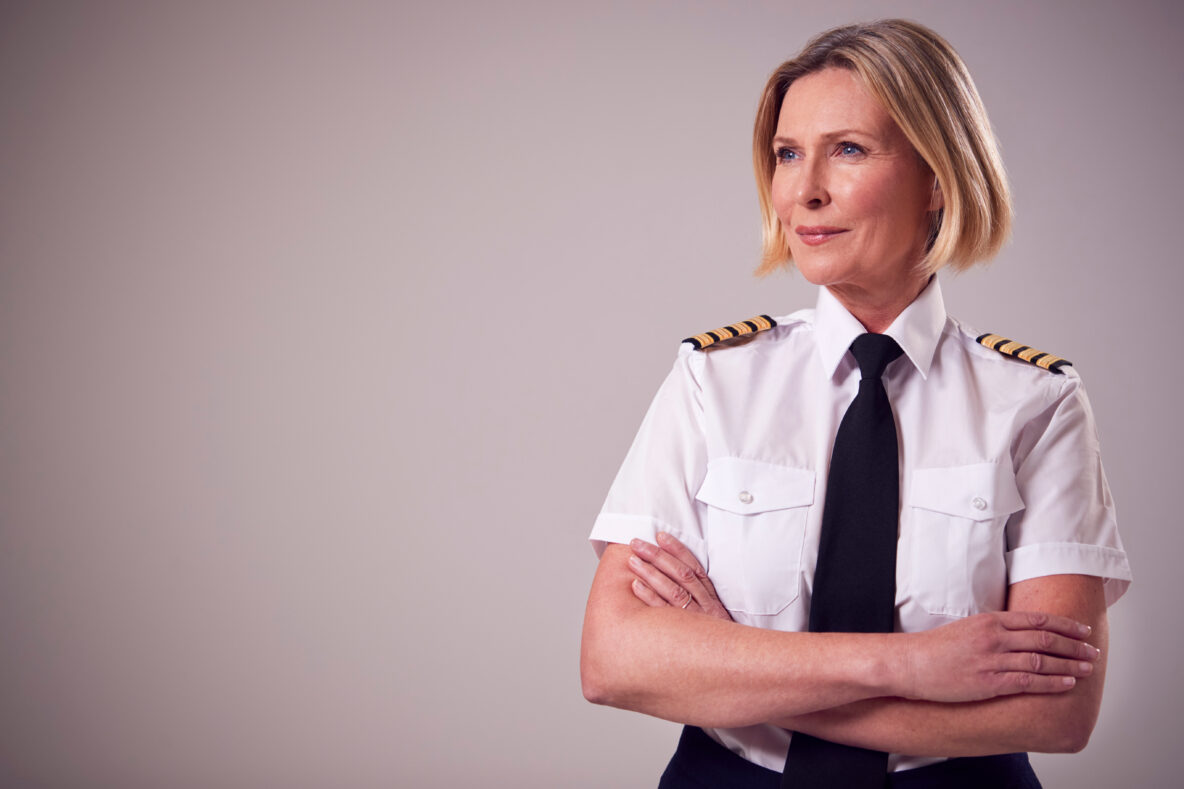
What Mental Health Awareness Means to the Maritime Industry
By Martin Hedman, Director of Mental Wellness Practices
May is Mental Health Awareness Month, so let’s talk about why mental and emotional wellbeing are so integral to the future of the maritime industry.
Mental health issues affect every dimension of personhood: From cognitive functions, like focus and decision-making, to emotional factors such as temper, mood and sensitivity, to a wide range of physical health considerations. Mental health problems also negatively impact interpersonal relationships and, most importantly, coping abilities, as they erode resilience and make it harder to stay well.
For a small, interdependent crew working at sea, mental health problems can be a massive threat to performance, safety and productivity. That's why VIKAND takes a preventive approach to every aspect of human health, including mental health.
Just like a ship’s engine, optimal human wellness requires regular maintenance, care and support. When you neglect an engine, it won’t deliver peak performance and the risk of failure steadily rises. When it finally does break, the bill to replace it and the value of lost productivity will vastly outstrip whatever preventive maintenance might have cost.
The same goes for a ship’s most important asset: crew members. When people break down, the cost of diversion, disembarkation, case management, replacement labour, medical care and more can quickly exceed the cost of good preventive healthcare.
However, even as we approach the mid-2020s, shipowners still aren’t taking crew wellness seriously enough, despite its direct impact on their bottom line. “But,” an operator might say, “we give our crews a hotline to call if they’re having issues. We call in experts when a crisis arises.”
Reactive solutions have their place, but why can’t we focus on stopping issues before they start? Help crew members avoid mental health pitfalls altogether, rather than allowing them to reach a breaking point, where the consequences ripple across the entire crew and company balance sheet.
The time is long overdue for maritime industry stakeholders to do more than just talk about the importance of mental health. We must promote acceptance and provide support that makes real change. This means replacing reactive solutions with preventive maintenance, such as:
- Monitor and evaluate crew wellness on a continuous basis.
- Evaluate crew fitness before departure – or, better yet, before hiring.
- Educate every level of personnel – from crew to executives – on how wellbeing impacts safety, performance and ROI.
- Teach maritime leaders how to nurture humans and create a psychologically safe workplace.
And when crew members “crash,” have systems and policies in place to deal with it productively, and the willingness to make organisational changes that help prevent it from spreading and repeating. The upshot to all this is a safer, happier, more productive workplace where crew members choose to stay long-term, reducing the constant turnover that fuels our global crewing crisis.
In this issue of Pulse, learn about the crucial role played by VIKAND’s talented biomedical engineers, explore the possibilities – and positive impact – of managing chronic health conditions at sea, take a look at our latest Mental Health in Maritime infographic, read up on VIKAND’s latest business news and partnerships, see what events we’re attending, and more.


